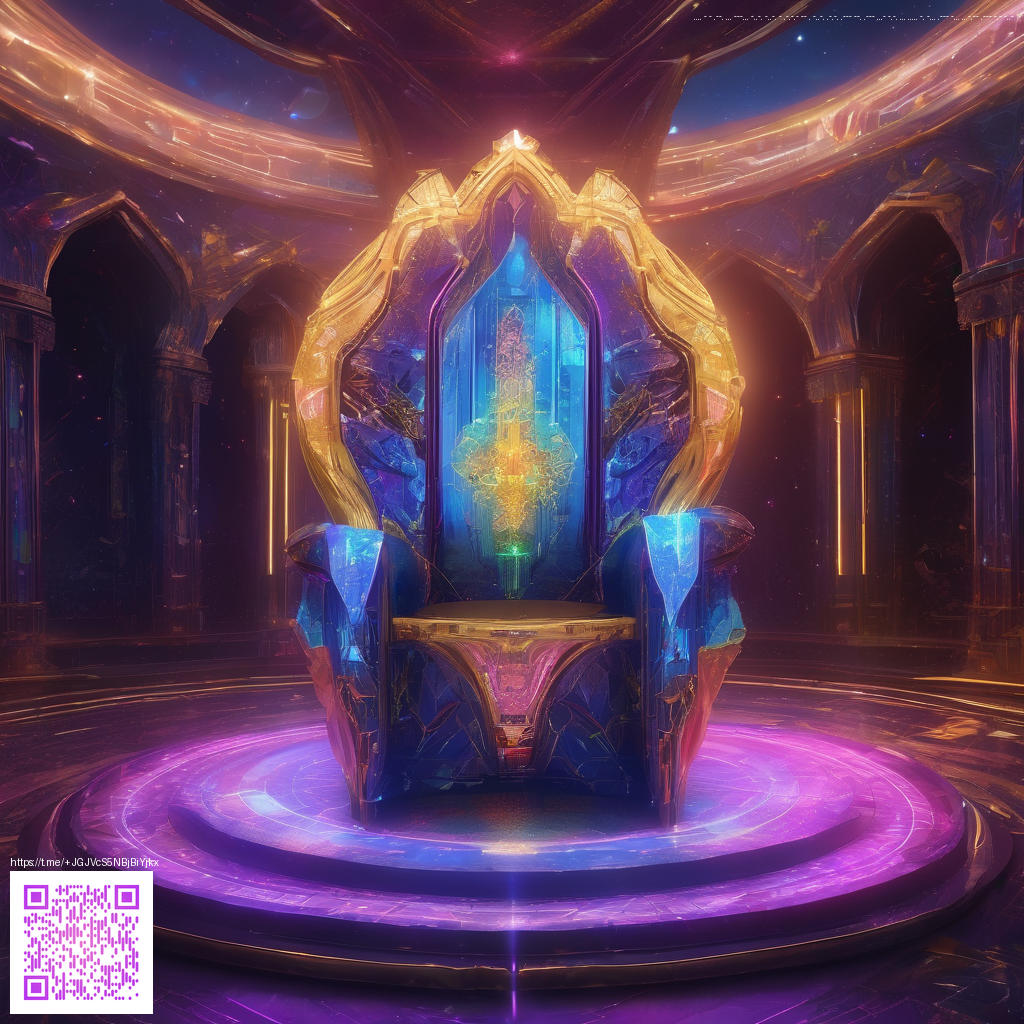Blockchain-based PC games and the new ownership model
The gaming landscape is shifting from a purely hosted experience to a model where ownership sits at the center of play. Blockchain-based PC games redefine what it means to own items, characters, and even progress within a title. Rather than relying on a single publisher’s servers, players hold tokens that certify ownership, provenance, and transferability. This shift is not just about scarcity; it’s about giving players genuine control over their in-game work and earned assets.
From virtual loot to portable value
In traditional games, the value of a rare skin or a legendary weapon is locked inside a single environment. If the game shuts down or if servers change, those assets can vanish or lose utility. Blockchain introduces the concept of portability. When an asset is tokenized, you don’t just own a cosmetic— you own a verifiable, tradeable claim that can be moved across titles, marketplaces, and even real-world transactions under well-defined rules encoded in smart contracts.
This shift also nurtures new economic dynamics. Play-to-earn and play-to-own paradigms empower players to monetize effort, time, and creativity, rather than leaving value trapped behind a paywall or locked behind a single game’s economy. Developers gain a transparent framework for asset creation, scarcity, and licensing, while players gain options for asset management, curation, and reuse across compatible experiences.
“Ownership is a feature that changes how players relate to a game,” notes a veteran developer in the space. When assets are governed by open standards and programmable rules, players gain agency, and the ecosystem gains resilience through collaboration rather than central control.
What makes blockchain assets different in PC gaming
- True ownership and portability: assets exist as verifiable tokens that you control, with the ability to transfer them between games that share compatible standards.
- Interoperability across ecosystems: a skin, weapon, or land deed could potentially belong to multiple titles that agree on the same token framework.
- Creator and player-driven economies: modders and players can shape markets around user-generated content, driving value beyond the original game’s developer.
- Resilience against platform risk: assets aren’t solely dependent on a single publisher’s servers; ownership is anchored in public ledgers and smart contracts.
For a tangible parallel in everyday life, think about accessories that protect or express your devices. The Lime Green Abstract Pattern Tough Phone Case by Case-Mate exemplifies how a product can blend personality with utility. If you’re curious about how a product page presents a physical asset, you can explore the Lime Green Abstract Pattern Tough Phone Case – Case-Mate page for context on branding and durability. While the case is physical, the way its identity is communicated mirrors how digital assets can be described, verified, and traded in blockchain environments. For readers who want a compact primer on the topic, a concise explainer hosted at https://image-static.zero-static.xyz/index.html offers accessible insights into tokenized ownership and marketplace dynamics.
Practical considerations for players and developers
As this technology becomes more mainstream, several practical factors shape its adoption in PC games: security and privacy concerns around wallet management, identity, and transaction costs, plus user experience improvements that reduce friction between gameplay and asset management. Developers are exploring layer-2 solutions and more efficient consensus mechanisms to keep asset transfers fast and affordable while maintaining robust on-chain security.
For players, a key question is what happens to your assets if a title evolves, merges with another game, or undergoes a major transition. The goal is to align incentives so that asset value is preserved and enhanced by community governance, cross-title collaboration, and clear licensing terms. The best experiences will be those that balance ownership sovereignty with playability and fun—ensuring that the technology remains a means to enjoyment, not a barrier to it.
As the ecosystem evolves, watch for concrete interoperability standards and developer tooling that simplify asset creation, verification, and exchange. When you can see your digital assets as part of a transparent, portable economy, blockchain-based PC games become less about novelty and more about durable, player-centered value.
Similar Content
Explore more on the topic here: https://image-static.zero-static.xyz/index.html
